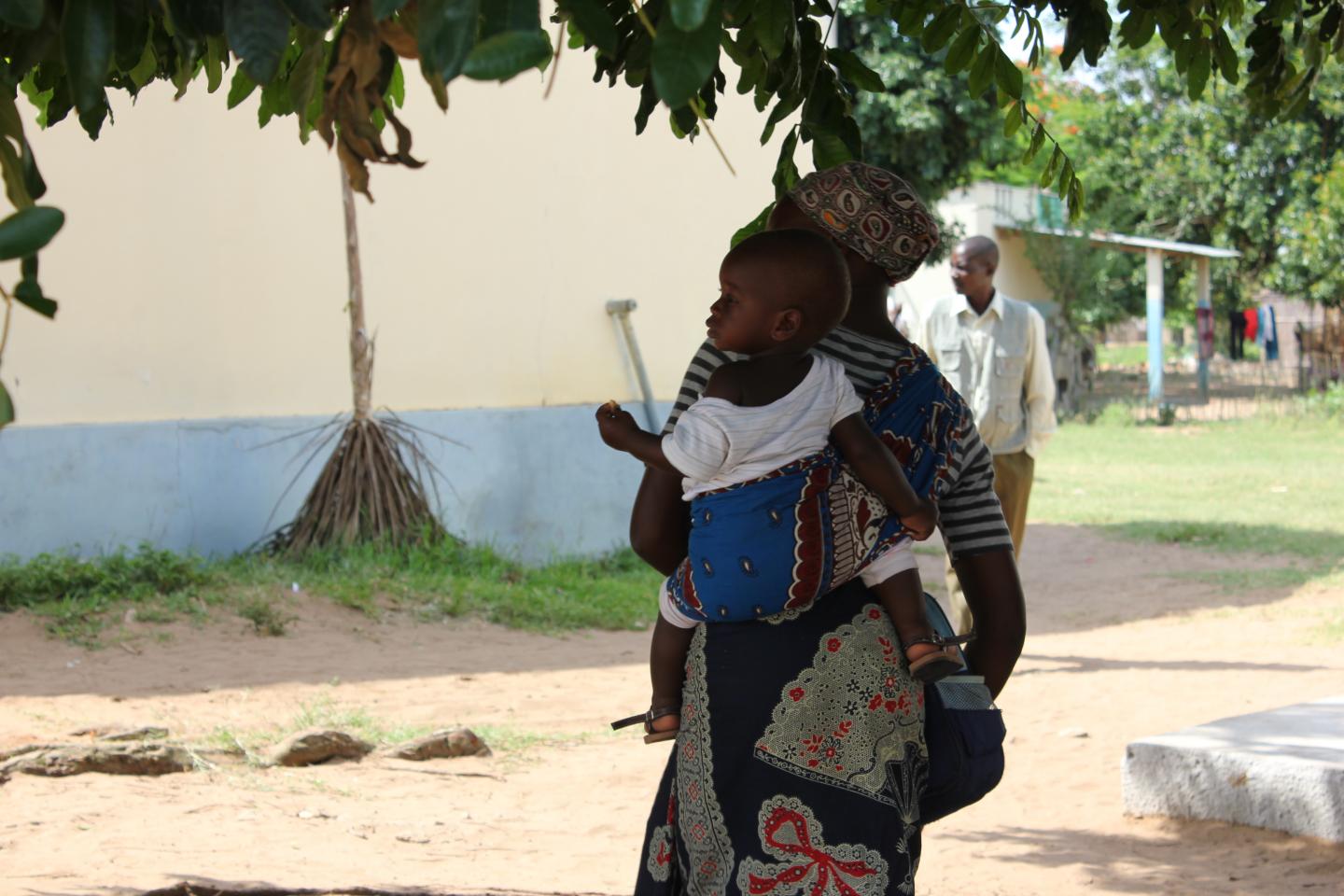A simple algorithm could contribute to reducing the high mortality among newborns and babies in the month following their hospital discharge

Credit: Marta Solano
In Mozambique, the probability of dying in the first month after hospital discharge is high, particularly for babies under three months of age, shows a study led by the Barcelona Institute of Global Health (ISGlobal), an institution supported by “la Caixa” Foundation, in collaboration with the Manhiça Health Research Center (CISM). The study also shows that an algorithm based on a series of simple clinical parameters can identify those children at higher risk of dying and that would therefore benefit from a proactive follow-up after their discharge. The implementation of these models could contribute to reducing child mortality in low-income countries.
In the last 25 years, the reduction in mortality of children under five years of age has been remarkable but insufficient (50% instead of the 75% target set by the millennium goals). In low-income countries, children are at increased risk of dying following hospitalisation, regardless of their illness, with an estimated risk ranging between 3 and 13% in the month following discharge. The challenge, therefore, is to identify those children at higher risk in order to follow them up closely after discharge, and thereby avoid a considerable number of pediatric deaths.
The research team performed a retrospective study analysing data from more than 20,000 pediatric hospital admissions over almost 20 years, in the district hospital of Manhiça, a semi-rural area in Southern Mozambique where almost half of the population is under 15 years of age. The researchers determined mortality during the first, second and third month after hospital discharge, and looked for indicators that would allow to identify children at higher risk of dying.
“This is the largest study performed to date to evaluate mortality three months following hospital discharge in a rural area of a low-income country,” explains Lola Madrid, ISGlobal researcher and first author of the study.
The results show that the average mortality after discharge is high (3.6%), with half of deaths occurring within the first 30 days. The risk is highest in babies under three months of age and decreases progressively with age. The study also identifies as series of clinical parameter (malnutrition, diarrhea, clinical pneumonia, etc.) that allow to identify those children at highest mortality risk. Using all or some of these variables, the team used a series of predictive models capable of identifying up to 80% of children at risk of dying after discharge.
The children thus identified could benefit from a close follow-up during the first 30 days by community health workers, or receive preventive antimicrobial therapies. “If these simple models, based on easy-to-obtain parameters like those used in our study, are validated in other contexts, they could represent a valuable tool to save neonatal and infant lives in countries with a high burden of child mortality,” concludes Quique Bassat, ICREA researcher and study coordinator.
###
Media Contact
Adelaida Sarukhan
[email protected]
0034-932-271-816
Related Journal Article
http://dx.




